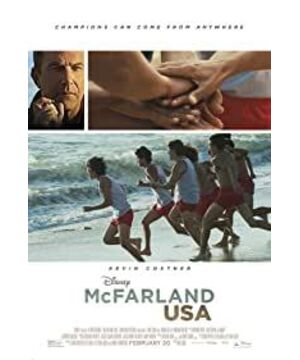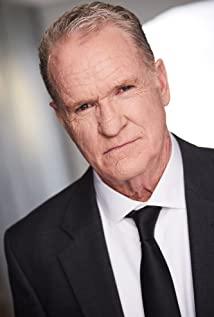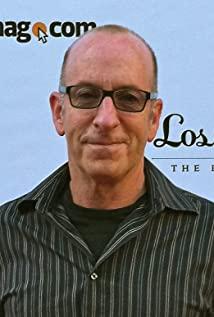There are two themes that touched me. One is the life decision of White, a white coach who was forced to live in the poorest Latin American town in the United States. He originally felt very downhearted and disliked the Mexican-American town very much. He wanted to leave early. He just started training 7 local students to participate in the national cross-country race, but also to have the opportunity to express himself and pave the way to a more affluent and developed city. . (Very true portrayal of human nature: "People go to a high place" is better than "the top ten people who touched China" to blindly raise humanity.) But when he truly understood the people of this small town, he truly realized the hardships and hardships of their lives. After helpless, he rejected the opportunity to "promote" and chose to stay. He is not only sympathetic, but also loves the people of that place. Perhaps the more important and more practical value among Americans is to stay in the place where you can best play your role and reflect your own value. This reminds me of the slogan of "Going to the Mountains to the Countryside" during the Chinese Cultural Revolution: "Go to the most shining place." However, whether it is an American or a Chinese, people who can adhere to this value and stay in remote areas for life like White are rare.
When White got the chance to "promote" and hesitated to leave the town, Thomas Valles, the leader of the long-distance running team, said to him: "Go! This is America! Everyone wants to go to a better place and live a better life!" No good teacher is willing to stay, so our town will always be so poor..." It
should be said that the urban-rural gap I saw in the United States is very small, and the infrastructure construction in different regions is similar; unlike the rural and urban areas in China, East and West, heaven and underground. Ask yourself, let alone the backward areas of foreign races, it is our own hometown. How many of us who are admitted to university and go abroad are willing to go back and build our own homes? ——End of the movie: The members of the long-distance running team were encouraged, all of them were admitted to the university, changed their destiny, and eventually all returned to work in their hometowns.
Another theme that touched me is youth inspiration. It's just different from many domestic youth inspiration films. This movie reflects how a group of young people who are discriminated against by poverty-stricken areas, ethnic minorities, and mainstream society are encouraged to find a true story of self-confidence and dignity. White encouraged them before the National Finals: "I worked with you in the field for a day, and I felt that this was the most painful job I have ever done in my life. You have to endure such pain and hard work every day while going to school. These students have never experienced it, and they cannot endure such hardships. You are running long-distance cross-country every day!"
How many of our promotional films and documentaries are willing to face human nature and social reality? I met a visiting professor from Renmin University when I was studying for a Ph.D. at a university. They said that their school was unwilling to recruit students from backward provinces because they were afraid that their psychological quality would be poor and the suicide rate would be high. This kind of regional discrimination and class discrimination is the nature of all mankind, and it cannot be changed by the "Cultural Revolution." We can only accept this reality: "Everyone is a sinner", and then repent, redeem, and find our faith in life in this tragic world.
View more about McFarland, USA reviews











